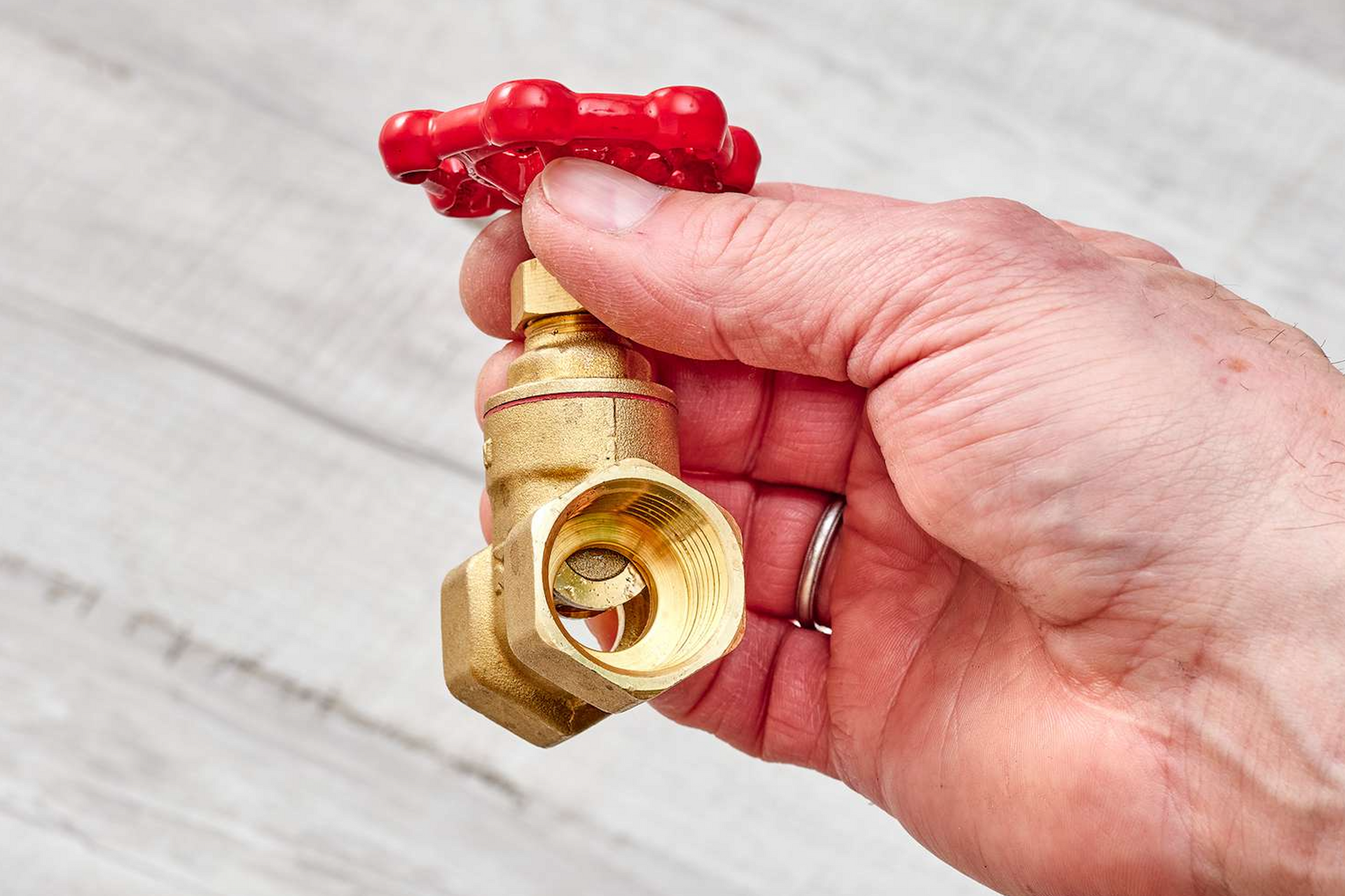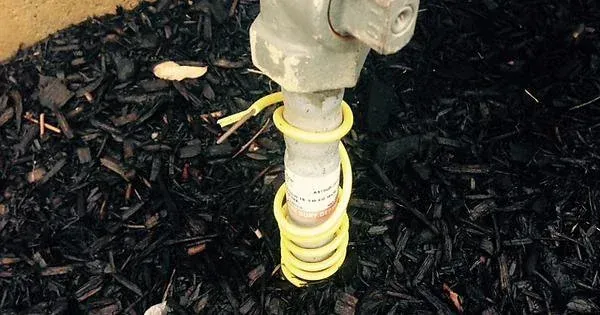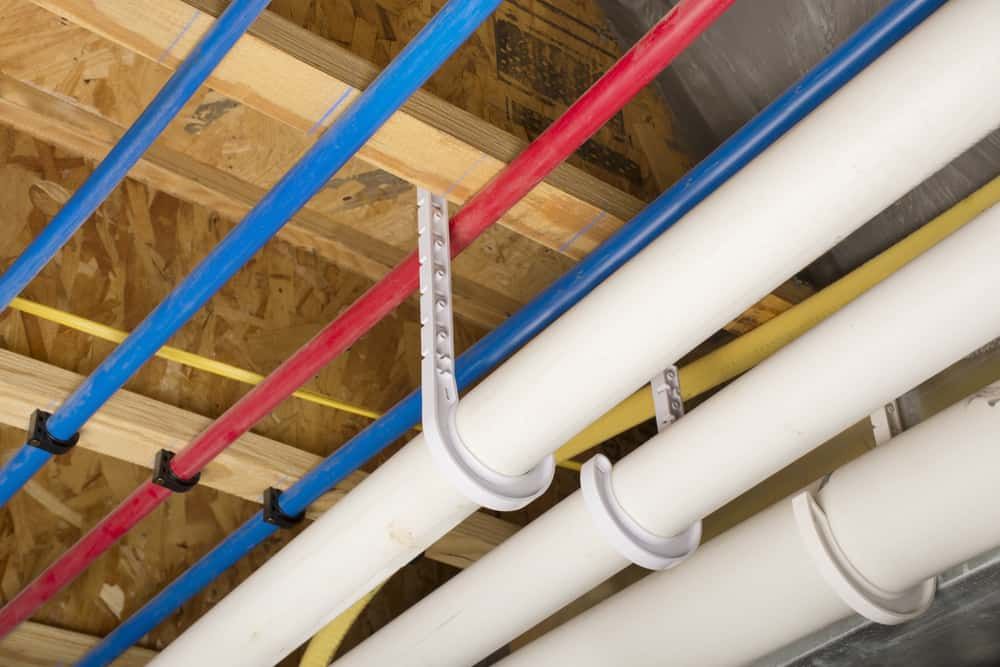Water Heater Safety: What Every Homeowner Should Know
Water heaters play a crucial role in our daily lives, providing us with hot water for showers, cleaning, and various household tasks. While they are essential, it's important for homeowners to be aware of potential safety hazards associated with water heaters. In this article, we will discuss key aspects of water heater safety and offer tips to ensure your system operates smoothly without posing risks to your home and family.
Temperature Settings:
One of the first considerations for water heater safety is setting the temperature at an appropriate level. The U.S. Department of Energy recommends a temperature setting of 120°F to prevent scalding while still meeting the needs of most household activities. Higher temperatures can increase the risk of burns, especially for children and the elderly.
Regular Maintenance:
Regular maintenance is essential for the safe and efficient operation of your water heater. Over time, sediment can accumulate at the bottom of the tank, reducing its efficiency and potentially causing overheating. Schedule annual flushing of the tank to remove sediment buildup and ensure optimal performance.
Pressure Relief Valve:
Every water heater is equipped with a pressure relief valve as a safety measure. This valve releases excess pressure from the tank, preventing potential explosions. Homeowners should test this valve periodically to ensure it is functioning correctly. If you find any issues, contact a professional plumber to address the problem promptly.
Proper Ventilation:
Gas-powered water heaters require proper ventilation to ensure the safe expulsion of combustion gases. Make sure the area around your water heater is well-ventilated and free from obstructions. Additionally, have a professional inspect the ventilation system annually to confirm its effectiveness.
Check for Leaks:
Water leaks around your water heater can lead to serious damage and pose safety risks. Regularly inspect the area around the heater for any signs of leakage, including rust or water puddles. Address any leaks promptly by tightening connections or replacing faulty components.
Age of the Water Heater:
Like all appliances, water heaters have a lifespan. Most units last around 10-15 years. If your water heater is nearing the end of its expected lifespan, consider proactively replacing it to avoid potential breakdowns and safety hazards associated with aging systems.
Carbon Monoxide Detection:
For gas water heaters, it's crucial to have a functioning carbon monoxide detector installed in the vicinity. Carbon monoxide is a colorless, odorless gas that can be produced by gas-burning appliances. Regularly check your detector and replace the batteries to ensure it is operational at all times.
Conclusion:
Prioritizing water heater safety is a responsibility that every homeowner should take seriously. By following these essential tips and conducting regular inspections and maintenance, you can ensure your water heater operates efficiently and safely. If you ever have concerns or encounter issues beyond your expertise, don't hesitate to consult with a professional plumber to address the issue promptly.
Your family's safety and the longevity of your water heater depend on proactive care and attention to these crucial details.
You might also like



